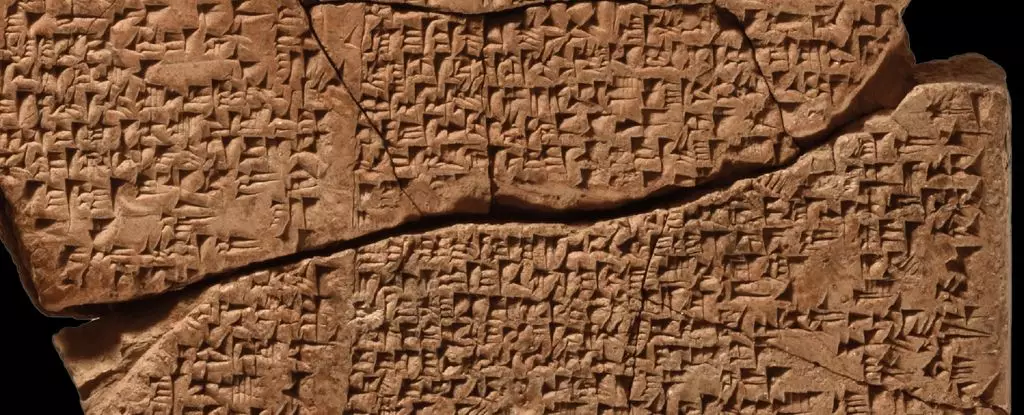For millennia, Babylon has symbolized human achievement and cultural grandeur—a beacon of civilization that once dominated the ancient world. Yet, despite its colossal influence, our understanding of Babylon’s people and their daily lives remains woefully incomplete. The recent discovery and reconstruction of a 250-line hymn, meticulously pieced together from scattered cuneiform fragments, underscores both the resilience of historical memory and its fragility. While these findings are undoubtedly exciting, they also expose the formidable challenge of truly grasping an ancient society through the limited and fractured remnants left behind. It prompts us to question: how much of Babylon’s true essence have we yet to uncover amidst the ruins of clay tablets and broken scripts?
The Power of Modern Technology in Reclaiming History
The breakthrough achieved by the team at Baghdad’s University and Munich’s Ludwig Maximilian University marks a pivotal shift in archaeological research. Their innovative use of AI-supported digitization demonstrates that technology can transcend traditional barriers of time and geography. Where decades of painstaking manual work might have sufficed only to uncover fragments, today’s digital tools enable comprehensive analysis and even reassembly of lost texts. It is a vivid reminder that much of our cultural heritage lies beneath layers of dust and dirt—just waiting for the right combination of curiosity, perseverance, and technological innovation to be rediscovered. However, one must heed the caution that this reliance on AI-driven methods might also risk overshadowing the nuanced, interpretative skills traditionally valued by scholars. As impressive as these technological feats are, they should complement, not replace, critical human insight.
The Portrayal of Women and Social Values in Ancient Texts
One of the most surprising aspects of this hymn is its fleeting but revealing glimpse into the roles of Babylonian women. From an outsider’s perspective, ancient societies often seem opaque, their true values obscured by layers of myth and limited archaeological evidence. Yet, here we see a cultural snapshot emphasizing women’s virtues—devotion and discretion—fundamental qualities celebrated in priestesses and, by extension, in society itself. This portrayal challenges the often stereotypical view of ancient civilizations as excessively patriarchal or dismissive of female agency. Instead, it hints at a complex social fabric where virtue, perhaps even a form of quiet power, played a significant role. Recognizing these subtleties compels us to reevaluate simplistic narratives and appreciate the nuanced humanity embedded within these ancient texts.
Reflections on Cultural Memory and Historical Significance
The discovery of a hymn that was likely circulated in Babylonian schools as a memorized classic raises profound questions about cultural transmission. What does it say about a society that a piece of praise so revered could fade into obscurity and only resurface after millennia? Such findings should push us to consider whether modern societies valorize their heritage enough or take it for granted. Babylonian civilization, with its impressive architecture and complex social hierarchies, was not merely a distant miracle but a foundation upon which many contemporary values and institutions are built. Recognizing the depth of their literary and spiritual achievements encourages a more appreciative and critical engagement with our own cultural narratives. If a hymn, once a cornerstone of education, could disappear for centuries, how much of our current cultural fabric might someday become lost, misunderstood, or forgotten? It’s a sobering reminder of the impermanence of human achievement, yet also of the enduring importance of effort to preserve and understand our collective past.
Despite the allure of technological breakthroughs and new translations, the core realization remains: history is a delicate tapestry, easily fragmented, and often difficult to fully reconstruct. Our thirst for knowledge should be tempered with humility, recognizing that what we uncover is merely a fragment of an immense, uncharted universe of human experience.



Leave a Reply